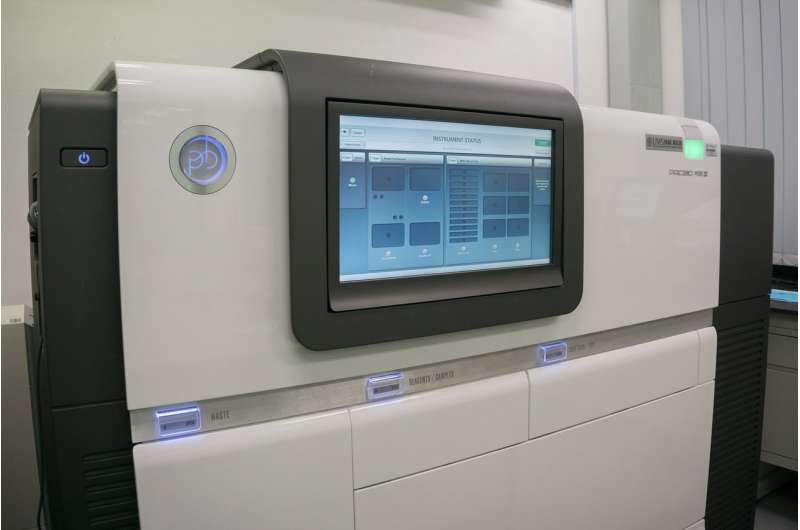

More than 120,000 patients have enrolled in the Mass General Brigham Biobank, providing access to important information about their health history, answering survey questions and donating or planning to donate a blood sample. Their generous participation allows researchers to study how an individual’s health is affected by their genes, lifestyle and environment. Many of those patients are now receiving something in return: medically actionable genomic findings. Some of these Biobank participants are learning about genetic markers of increased risk that could be acted upon to prevent cancer and heart conditions.
In a new study published in The American Journal of Human Genetics, investigators from Brigham and Women’s Hospital, Massachusetts General Hospital and Harvard Medical School describe lessons learned from their experience disclosing actionable genetic results to research participants and transitioning them to clinical care. The team returned results to 256 participants, 76.3 percent of whom were unaware that they carried a variant that put them at increased risk, even though roughly half of them met clinical criteria for genetic testing.
“Many people have a personal or family health history already documented in their medical record indicating they should have been offered genetic testing but never had it, and there are others who had no family history or symptoms to clinically tip doctors off but still carry a dangerous genetic risk variant,” said co-lead author Carrie Blout Zawatsky, MS, CGC, a senior genetic counselor for the Brigham’s Genomes2People (G2P) research program. “Our findings demonstrate the lifesaving benefit that genomic screening will bring to patients by identifying individuals who do not know that they are at risk.”
More than 87,000 Biobank participants provided blood samples, and the research team performed genomic analysis on 36,417 of these samples. The team focused on 59 genes for conditions designated by the American College of Medical Genetics and Genomics as medically actionable, and only returned variants that were expected to increase risk. Samples were initially genotyped, a technique that tests only specific sites in the genome, and a subset were also sequenced (a more comprehensive approach) for comparison. Prior to notifying participants, the team verified the genotyped findings and found that 45 percent of these variants were incorrect, so they were not reported. Additionally, genotyping failed to identify 72 percent of the dangerous variants that were detected by comprehensive sequencing. These findings demonstrate the limitations of a genotyping approach. All variants were clinically confirmed with an additional sample from the participant before fully disclosing the results.
“Many biobanks rely on genotyping technology instead of genomic sequencing. Our study shows that genotyping, while a useful tool in research, may miss important results that more comprehensive sequencing detects,” said co-senior author Matthew Lebo, Ph.D., FACMG, chief laboratory director at the Mass General Brigham Laboratory for Molecular Medicine. “In this study, confirmation of the genotype findings through sequencing was critically important as it allowed us to filter out false positives.”
The team alerted 256 participants that they were carrying actionable genomic results but 38 percent of those declined to receive their results, often because they were dealing with other health care issues. Importantly, the team tracked costs for returning genomic results, finding an overall cost of $14 per participant across the entire Biobank population.
Source: Read Full Article